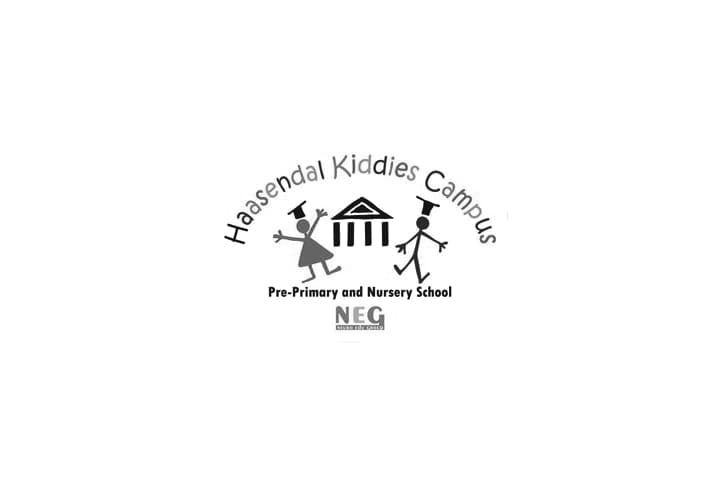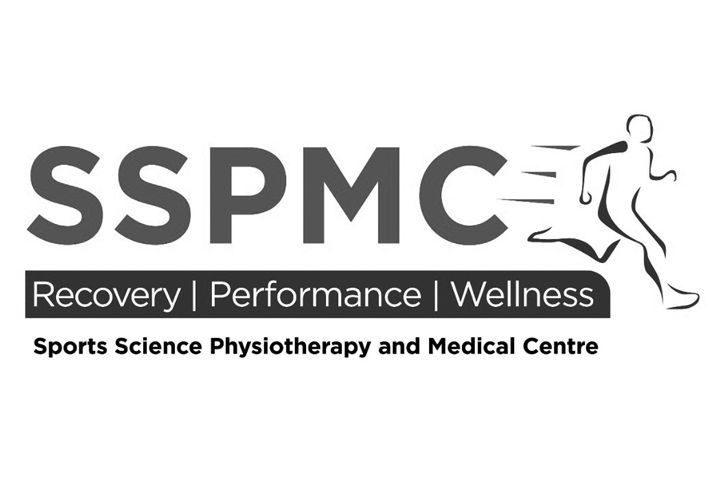Stroke Awareness
A stroke, also known as a “brain attack”, could be fatal, but early action might minimize brain damage and potential complications. This month we will look at the effects of a stroke on one’s speech and how a speech therapist can help. We will also look at what happens to the body while a stroke is happening and warning signs to look out for, of a possible stroke.
Before we carry on, did you know that there are various types of strokes? Even though all of them are serious, a few are notorious for causing severe disability and/or a rapid progression to death. Let’s run through some of them quickly:
Types of Strokes:
Ischemic Stroke
About 80 percent of strokes are ischemic. An ischemic stroke is most frequently caused by a blood clot that lodges in an artery and blocks the flow of blood to a part of the brain.
Hemorrhagic Stroke
A hemorrhagic stroke occurs when a blood vessel ruptures within the brain.
Transient Ischemic Strokes (TIA)
A TIA is a “mini-stroke” that occurs when a blood clot blocks an artery for a short time.
No matter which type of stroke you have, many of the symptoms are similar. If you notice someone experiencing any of these symptoms or experience these yourself, get help immediately.
Signs:
- Numbness or weakness that starts suddenly, most commonly on either the left or right side of the body (face, arms, or legs are often affected)
- Confusion, difficulty comprehending language, or trouble talking that begins without warning
- Sudden vision problems (in one eye or both)
- Severe, piercing headache, with no clear cause, that starts suddenly
- Difficulty walking because of sudden loss of balance or dizziness
Because your brain controls everything you say, do and think, a stroke can have a wide variety of effects. Lets look at how a speech therapist can help with your stroke rehabilitation.
Therapy:
Communication goals can be set by including speech and language therapy as part of stroke recovery. The speech and language therapist will initially assess the level communication difficulty, so that a baseline can be established to measure change against. And so that an individual programme of therapy can be created. An important part of the speech and language therapist’s role involves finding alternative or additional ways of communicating, which may include:
- Gestures
- Writing
- Communication charts
- A letter board, or
- Drawing.
Speech and language therapy can also help with the following difficulties as a result of a stroke.
- Swallowing – including problems with coughing or choking when eating or drinking
- Understanding language
- Speaking, including speaking any words or saying the correct word
- Forming words and speech sounds due to weak muscles in mouth
- Moving the muscles needed for speech in the correct order and sequence, or
- Reading or writing
Do bear in minnd that the amount of therapy will depend on the extent of difficulties.
Have you or someone you know ever suffered from a stroke? Please share your experience with us, by leaving a message below.






